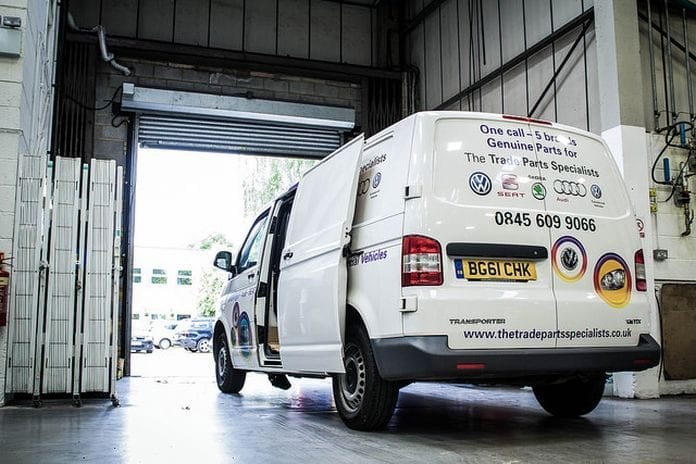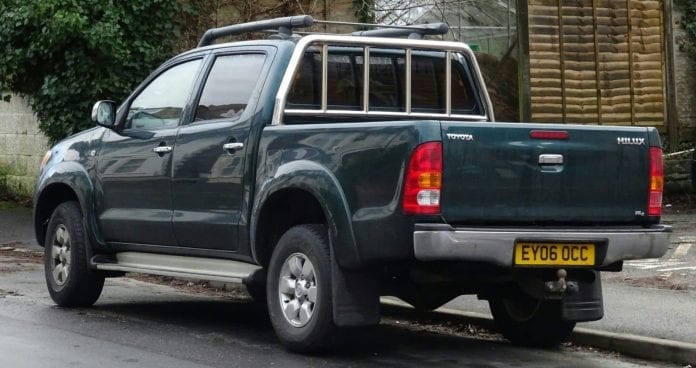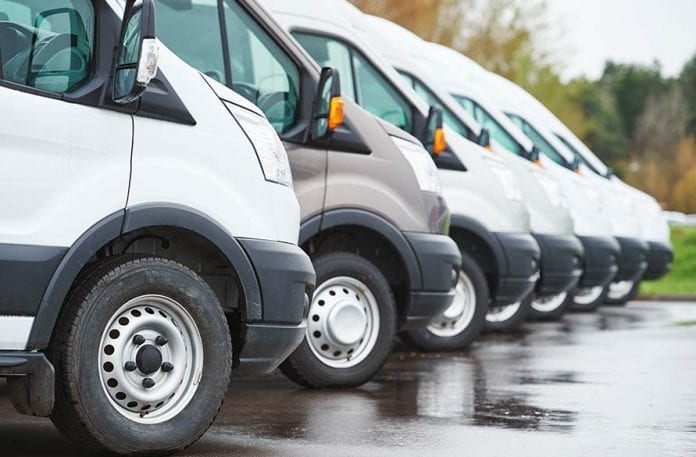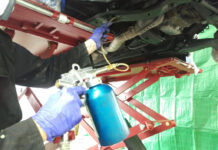Peep Show’s Super Hans believes a van can make a man. “With a van it’s like you’ve got an MBA, but you’ve also got a van,” he confidently tells Jez. “You’re not just a man anymore—you’re a man with a van.”
We can’t vouch for whether owning a van is life-changing. But whether you’re starting a moving business with a buddy and you want to become the best removalists in Perth (then, Super Hans tells Jez, you are “men with ven”), or you are just trying to carry all your sporting kit somewhere in the UK, or carrying valuable tools for your trade or products for customers in New York, or looking to move in, if you have a van, you’ll need to insure it before you can hit the road and classified ads and possibly become a man.
A van is more than a car. It can be an essential cog of your business, without which work grinds to a halt, call outs aren’t made, and orders aren’t delivered. At the very least, it weighs more and costs more than a standard car. So it makes sense that a typical auto insurance policy won’t suffice. You’ll need specialised van insurance. Under that banner there are a range of policies, depending on the type of van you own, how you use it, who owns the goods carried inside it, and if those goods are covered by the policy. For your cover to be adequate, and your claims to be approved, it’s essential you select the right type of van insurance.
Types of Van Insurance

There are four main types of commercial van insurance, covering vehicles used for business purpose.
- own goods van insurance: These policies offer cover for your own possessions, or ‘contents,’ stored in the van, such as the tools you need for your trade. Different providers will offer different total sums of cover, and you might be required to remove tools from the van overnight by the terms of your policy. Own goods policies won’t cover other people’s goods or cargo.
- courier insurance: If you use your van to deliver other people’s goods, generally directly to customers and with multiple short trips within a local area, such as if you’re a freelance delivery driver, you’ll need courier cover. These policies will generally come with higher premiums, to reflect the fact that a delivery van spends longer on the road than other vehicles, racking up mileage and making multiple stops, and that they carry goods that might be of interest to thieves. Courier cover typically only covers the vehicle itself and not the goods it carries. Fo that, you’ll need goods in transit cover.
- haulage insurance: If you’re making long journeys to drop off goods at one location—generally from suppliers to businesses and not directly to customers— you’ll need a haulage policy. These are the effectively the same type of cover offered to HGVs and, depending on your policy, can cover you in the UK or across Europe. These policies are much like own goods policies but with added coverage to address the risks of making long journeys to drop off goods. But like with courier insurance, these policies typically won’t cover the goods you’re carrying. For that, you’ll need…
- goods in transit cover: These policies cover the cargo carried in your vehicle. You’ll have to provide information about the type of items you’ll be carrying, and hauling hazardous and valuable items can inflate your premiums.
Commercial van insurance policies will often come with restrictions on mileage and the age of the driver (21 and over is typical). If you have a pickup truck you use for work, you’ll need van insurance for it, as long wheelbases mean insurers classify these vehicles as vans.

You may need specialised insurance products if you have a tipper, a livestock van, or curtain or dropside van.
On the other hand, you might have a van—or pickup truck—you use for purely recreational purposes and which has nothing to do with any business. In this case, you’ll need need private van insurance, also called social cover.
Extra Cover to Add to Your Van Insurance Policy

- breakdown cover: to ensure you, your van, and your business get back on the road as quickly as possible after a breakdown
- courtesy vans: to provide you with a van while yours is off the road
- tool insurance: to cover equipment necessary for your trade you may keep in the vehicle
- public liability insurance: to protect you against claims made by members of the public injure as a result of your actions at work
How to Reduce Your Premiums for Van Insurance
- fit the van with industry-approved security systems, including alarms, immobilisers, and trackers
- park the vehicle overnight in a locked garage or yard and not on the street
- remove your tools from the vehicle overnight
- limit the amount of mileage you drive
- increase your voluntary excess
- compare van insurance quotes









